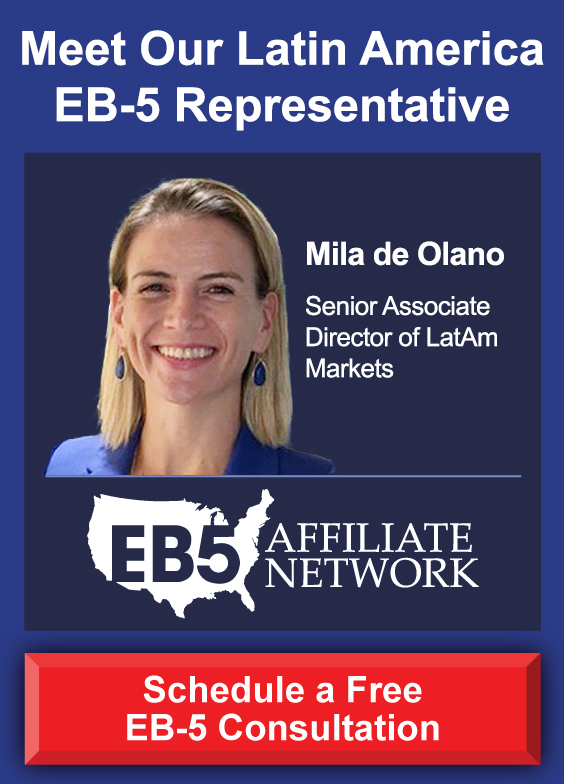The EB-5 program requires foreign nationals to invest their personal funds, which may be derived from a gift, a loan (if the loan is backed by the investor’s personal assets), or other sources. Seed funding is not a valid source of EB-5 investment capital because it does not originate from a foreign national’s personal funds. Simply creating 10 jobs in the United States does not qualify a foreign national to participate in the EB-5 program.
Even though seed funding is not a valid source of EB-5 capital, United States Citizenship and Immigration Services (USCIS) does allow EB-5 investors to use a wide variety of sources of funds. Valid sources of funds include salary payments, real estate sales, stock proceeds, loans, gifted capital, inheritances, and even cryptocurrency such as bitcoin. The important thing is that every source of EB-5 capital must be legal and originate from the investor’s personal funds. Form I-526, Immigrant Petition by Alien Investor, must provide USCIS with copious evidence tracing an investor’s funds to their source and proving its legality.
The documentation that must be submitted with Form I-526 will vary for each investor. For example, investors using gifted funds will have to submit a written gift agreement. This document should state the amount of gifted funds and prove that the investor is not expected to reimburse the gift giver. On the other hand, foreign nationals who use proceeds from real estate sales to funds their EB-5 investments will have to procure purchase and sales contracts, a property ownership certificate, tax certificates for the property, and a bank statement showing that the sale proceeds were deposited.
Regardless of the source of funds they use, all potential investors should hire an immigration attorney who is knowledgeable about the EB-5 program. Immigration attorneys can help EB-5 investors gather the necessary documentation for the various petitions associated with the EB-5 process.










